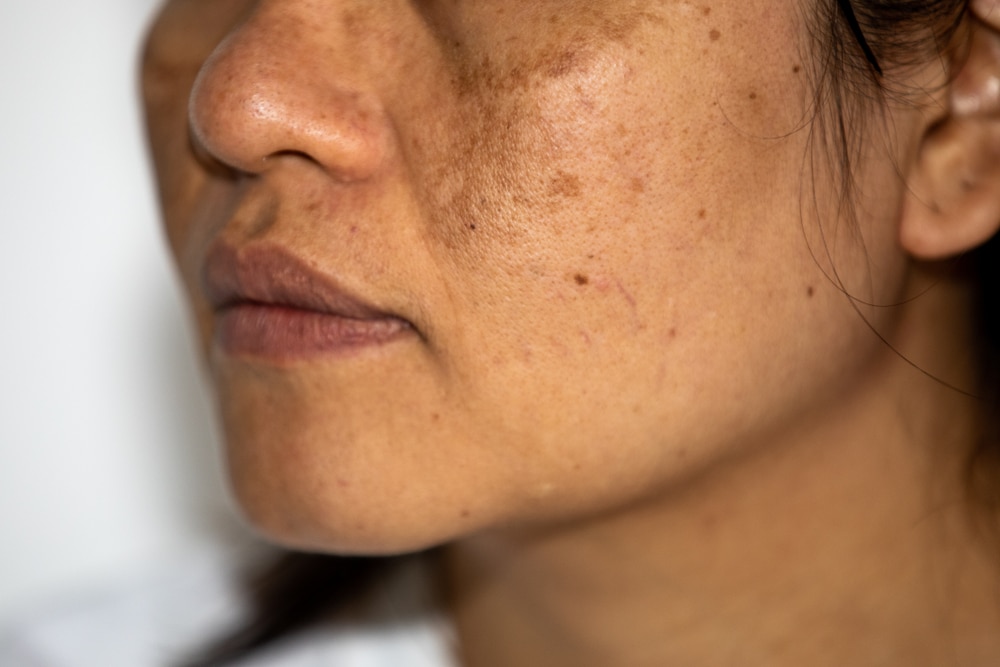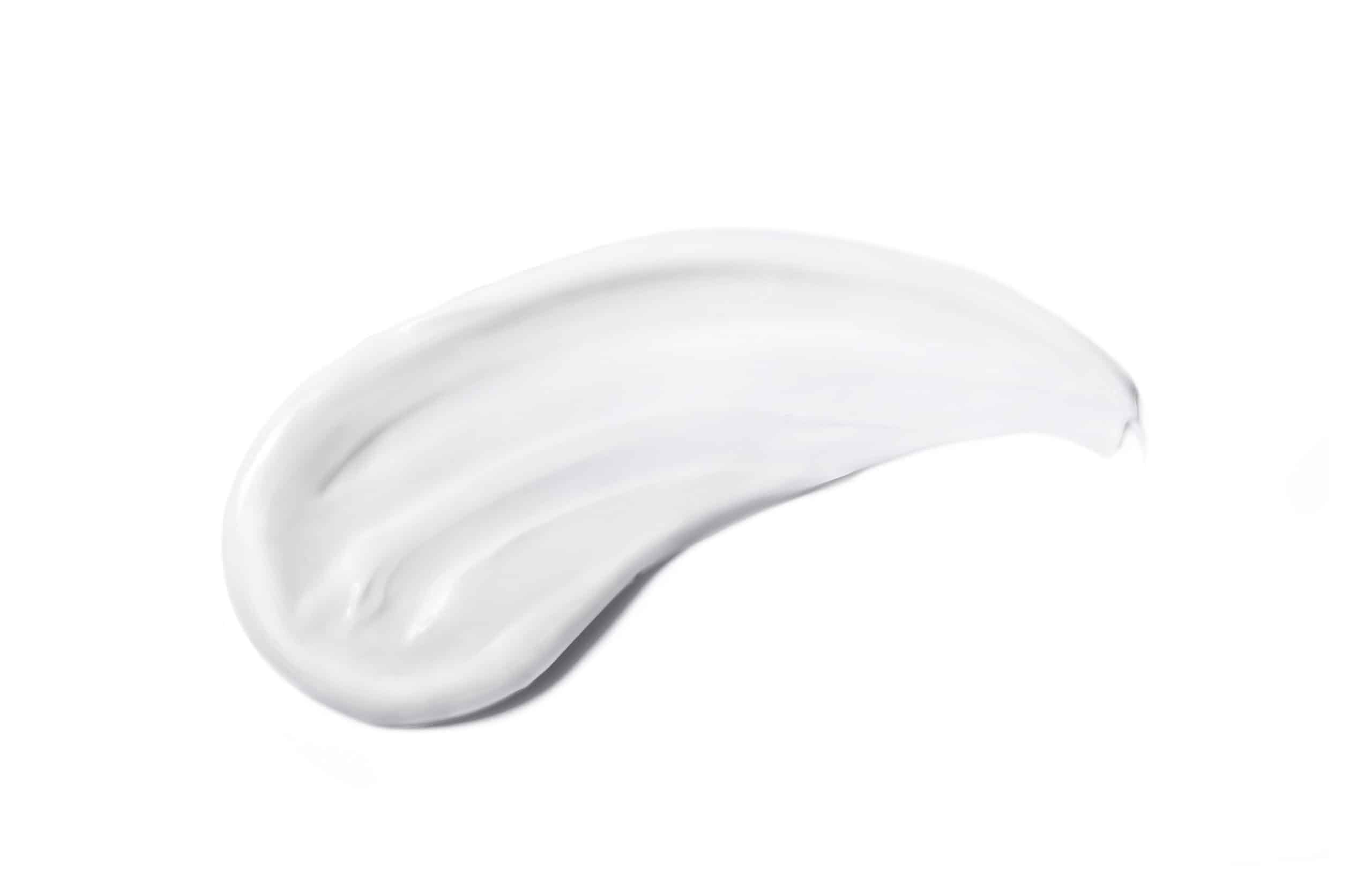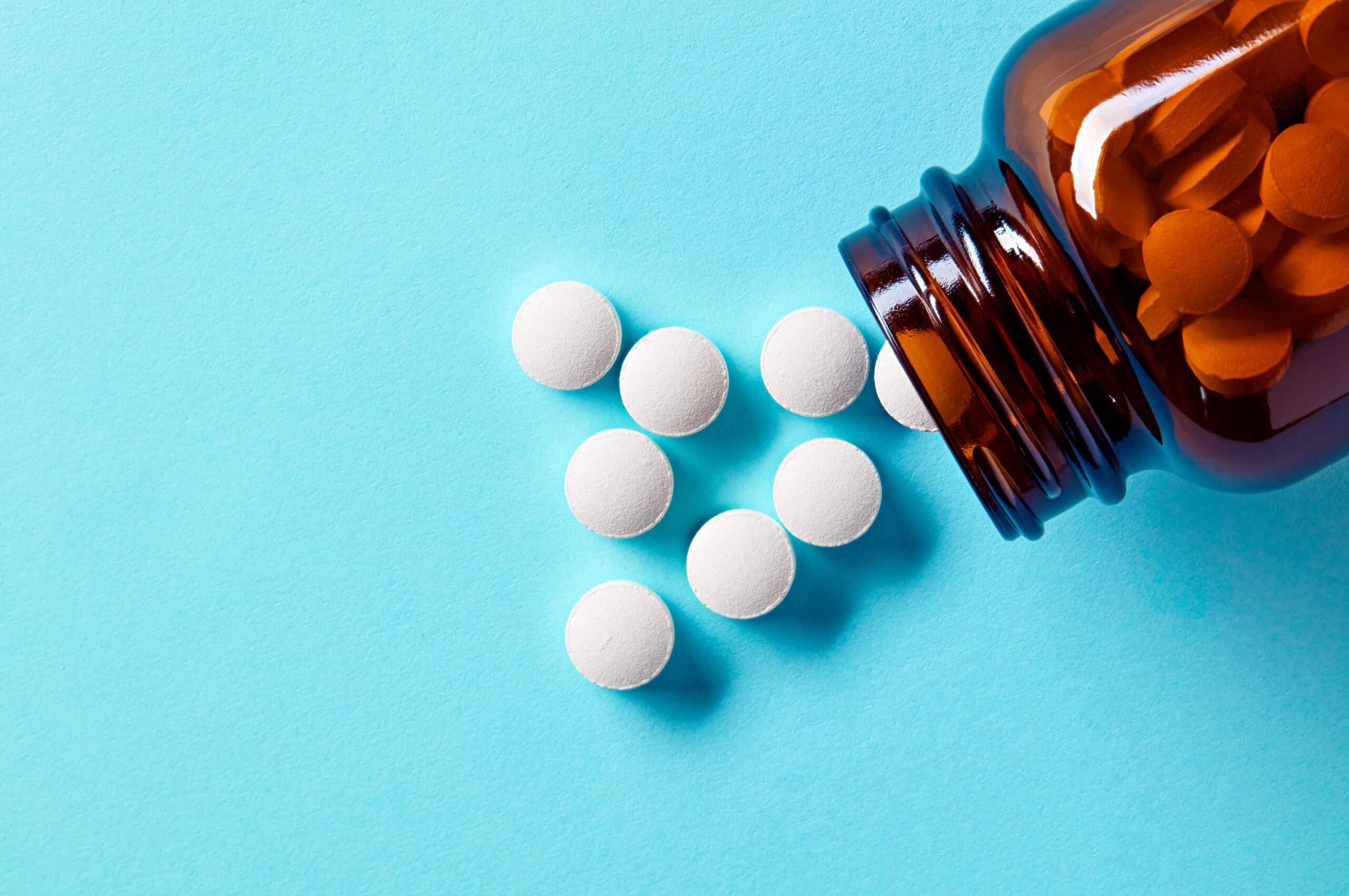Oral vs Topical Treatment For Hyperpigmentation: Which Is Best?
- September 1, 2022


The most common medical treatment for hyperpigmentation tends to be laser-related. However, there are alternatives for patients who prefer to skip an energy-based treatment or have skin types that don’t take well to lasers.
Today, we take a look at topical and oral treatments for dark spots. We will discuss how they works and the pros and cons of each hyperpigmentation treatment in Singapore.
Topical treatments refer to medications or skin care products that are applied directly to the skin’s surface, as opposed to an oral treatment, which usually involves some form of pill or liquid being ingested. Topical treatments are meant to be absorbed via the skin and tend to affect a local area, rather than the entire body. Here are some possible topical treatments for hyperpigmentation.
Prescribed to help with heavy menstrual bleeding, this drug is also used in aid of hyperpigmentation when taken in smaller dosage. While its main use is to inhibit the breakdown of blood clots, it can also help to reduce the production of melanin
This then helps to lighten hyperpigmented areas and even out skin tone. Its anti-clotting properties have the added benefit of reducing inflammation in the skin.
Transexemic acid is generally safe if taken in recommended dosages, but side effects can surface. Headaches, nausea and digestive problems are possible and blood clots can happen in rare cases, especially in individuals with a history of blood clotting disorders, smoking or certain medical disorders.
Steroids are often used to treat hyperpigmentation because they can help to reduce inflammation and lighten the affected areas.

A doctor may prescribe a topical steroid cream which is applied directly to the hyperpigmented area. The cream works by controlling inflammation, which is the pigment that gives colour to our skin. As time goes by, the dark spots tend to fade away, becoming less noticeable.
There are a host of steroid creams that can help with hyperpigmentation, Some commonly used topical steroids for this condition are:
It’s important to remember that while steroids can be effective in treating hyperpigmentation, they should only be used under the guidance of a doctor. Improper use of steroids can lead to skin thinning, spider veins, and other side effects.
Hydroquinone is a substance found in plants and animals and is used for skin lightenting and for treating hyperpigementation.
It works by inhibiting melanocytes, the cells that make melanin. Hydroquinone can only be prescribed by a doctor and comes in cream, emulsion gel and solution forms. It also comes as an added ingredient in other skin lightening products.
Another topical treatment that is used to deal with hyperpigmentation is a type of Vitamin A derivative called a retinoid. It is often used to deal with signs of aging and sun damage.
Retinoids work by increasing cell turnover, which helps to remove dark spots and promote the growth of new skin cells. They also work to inhibit the production of melanin, the pigment responsible for giving color to our skin. It takes some time, but retinoid use can lead to a more even skin tone and reduce the appearance of hyperpigmentation.
There are several forms of retinoids available for use in skincare, including retinol and tretinoin. Retinol is milder and often found in skincare products. Conversely, Tretinoin, is a prescription-strength retinoid and is available in cream or gel form.
We recommend starting with low-strength retinoid products before using higher-strength versionsi, so that your skin is given a chance to get used to the effects of retinoidt.
Retinoids can make you skin more sensitive to the sun. So, it’s important to use a broad-spectrum sunscreen, with an SPF rating of 30 at least, daily.
Vitamin C has brightening properties and can be applied on your skin to reduce the appearance of dark spots and improve skin tone.
Vitamin C works by inhibiting the activity of tyrosinase, an enzyme that is responsible for melanin synthesis.
Vitamin C is also a powerful antioxidant and can protect your skin from free radical damage and promote overall skin health.

If you’re looking for pills you can take to treat hyperpigmentation, then you’ll be glad to know that various options are available. Here’s an overview of their effects on dark spots.
A naturally occurring molecule with potent antioxidant effect, gluthione helps the body fight oxidative stress and protects cells from damage. It is also widely marketed as a skin whitening agent and is often taken orally as a supplement for the treatment of hyperpigmentation.
When ingested orally, glutathione works by reducing the production of melanin, the pigment responsible for giving color to our skin. By reducing the amount of melanin in the skin, glutathione can help to lighten hyperpigmented areas and even out skin tone.
Gluthione is usually safe when taken orally, in the recommended dose. However, it can have some side effects like gastrointestinal distress, skin rashes, and allergic reactions. In rare cases, taking high doses of glutathione supplements can cause liver damage.
The truth is that there is no single universally recognised treatment that is more effective in the treatment of hyperpigmentation. The condition can be treated using a combination of oral and topical treatments, and in some cases with adjunct laser therapy. The effectiveness of each treatment depends on various factors, including the cause of the condition and the individual’s skin type and overall health.
For some people, topical treatments may be more effective because the creams directly target the affected area and address specific skin concerns. Topical treatments can be adjusted based on the individual’s skin type.
Oral treatments might be more effective for others as they work from within the body to regulate melanin production and improve overall skin health. Oral treatments are especially helpful for those with hyperpigmentation that is caused by hormonal imbalances.
Patients should also think about whether they have any pre-existing medical conditions. Some oral treatments might not be safe for individuals with certain health conditions, so it is important to discuss such concerns with a doctor before starting treatment of any kind.
Patients should keep the severity of their hyperpigmentation in mind when choosing a treatment type. For mild to moderate hyperpigmentation, topical treatments may be sufficient. However, more severe hyperpigmentation cases might call for a combination of topical, oral and other aesthetic treatments.
Besides these considerations, patients should think about the cost and convenience of each option. Some oral treatments may be more expensive or require a longer commitment than topical treatments.
It is important to note that both oral and topical treatments have potential side effects and may not be effective for everyone. A doctor can help determine the best approach for each individual based on their specific needs and health history.
When it comes to dealing with hyperpigmentation, professionalism and experience are required for safe and effective treatment. Therefore, patients who wish to receive lasting hyperpigmentation treatment in Singapore should undergo a detailed examination by a qualified doctor, who will then arrive at a suitable treatment option based on the patient’s skin type, skin condition and budget. Post-treatment care and maintenance is also key to slow down or prevent the recurrence of new pigmentation.
If you are tired of seeing those dark spots on your face in the mirror every morning, SL Aesthetic Clinic can provide you with the necessary diagnosis and treatment to alleviate the condition. Call us at 62353246, or WhatsApp us at 98507112.
Like what you read? Share them!